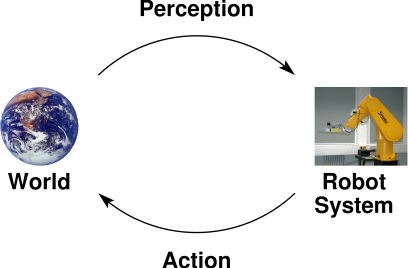If you want to understand the difference between robotics vs AI, you can roughly think about it as creatures vs brain (more precisely, nerve system).
First off, not all creatures have a brain. They may have nerves that allow them to act reflexively. They are equivalent to robots with no AI (note: definition of AI is not that precise).
There are some creatures with a brain, but a brain that is quite dumb (in the sense that it can do complex tasks, but it can't learn new ways for it). Those are robots with more complex algorithms, but still no learning, which some consider as no AI and some consider as a specific kind of AI.
The interesting ones are the ones that have brains they use to learn (e.g. humans, cats, dolphins, elephants etc). They are like robots with AI.
In summary, robotics is a whole set of sciences; mathematics, physics, mechanics, electronics, materials, control, geometry, artificial intelligence and many others. However, each of those sciences by itself goes beyond robotics.
If you go after learning AI, you may end up applying it in robotics or not, depending on your own decisions later. If you go after learning robotics, you may end up working on its AI or not, depending on your own decisions later.
My recommendation would therefore be to think of possibilities. For example, if you are interested in AI in robotics now, what would happen if you lose interest in it in the future? If you are generally interested in algorithmic software, choose AI. If you change your mind about robotics, you still have something to focus on. If you are particularly interested in building real things, go with robotics. If you change your mind about AI later, you can still work on robots.
